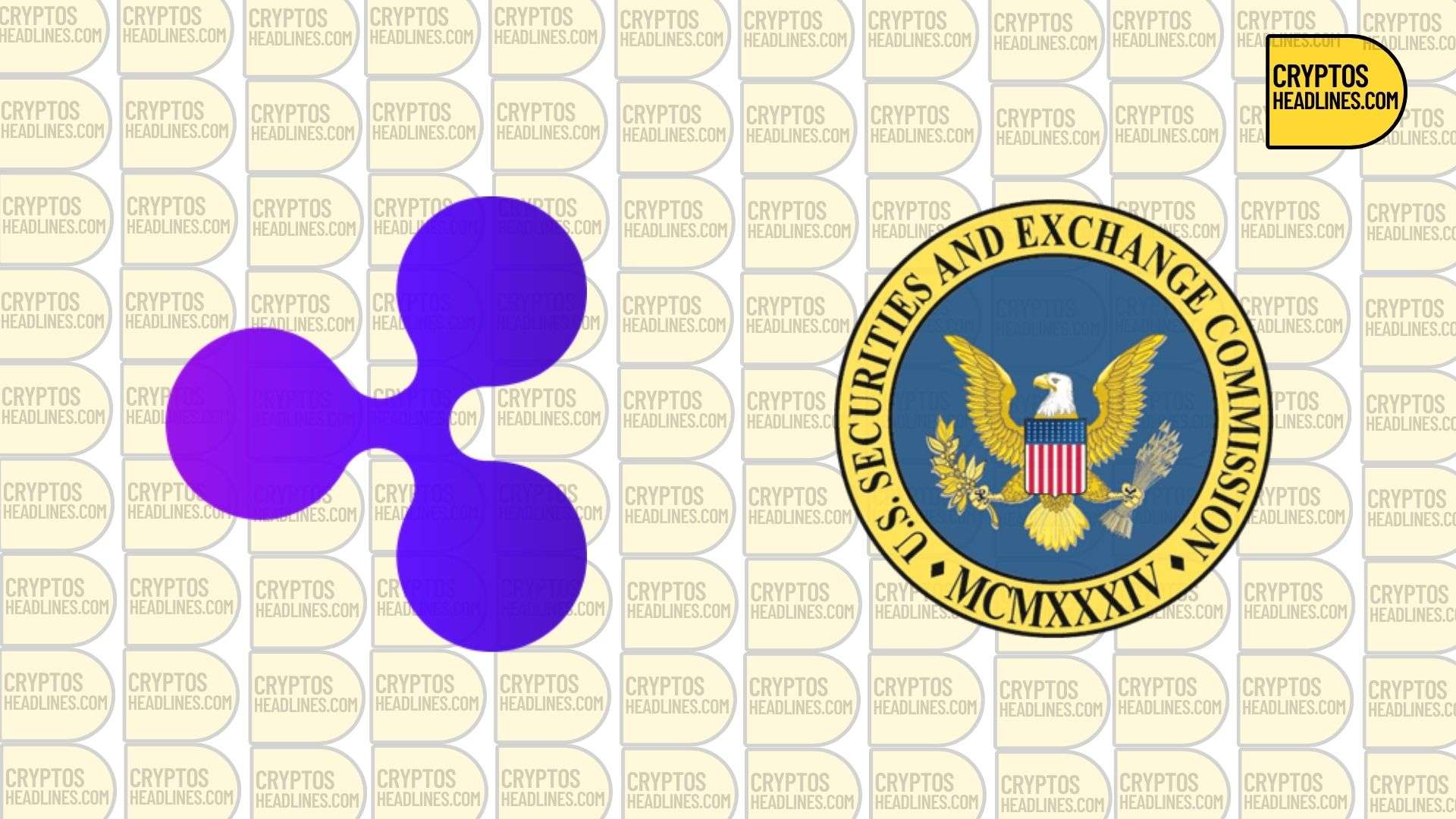A legal expert has warned that Ripple’s victory in its case against the SEC “May be Short-Lived” due to the shaky ground on which the district court ruling rests.
Lawyer Bryan Jacoutot, an attorney at Election Law Group and Taylor English Duma, shared his analysis of the U.S. Securities and Exchange Commission (SEC) v. Ripple case on Twitter. Apart from specializing in general litigation and election law, he is actively involved in building Taylor English Duma’s Bitcoin practice group.
The district court ruling on XRP appears shaky, and an appeal is expected.
The lawyer clarified that the court ruled Ripple’s sale of XRP to institutional investors as an unlawful security sale. With Ripple having received nearly a billion dollars from these sales, the lawyer predicts that the crypto firm might be required to return or disgorge the funds, in addition to paying penalties and fines.
Additionally, the lawyer highlighted that the court found XRP to not be considered a security in the context of its “programmatic sale” to random individuals, as it did not meet the criteria of an investment contract under Howey.
Jacoutot expressed his opinion that the court’s reasoning is weak. He disagreed with the court’s reliance on the fact that buyers didn’t know if the XRP came from Ripple. In his view, under Howey, it is crucial to consider whether buyers expected profit based on Ripple’s efforts, which he believes is evident in the case of XRP, as buyers expected its value to increase (i.e., “moon”).
XRP ruling could impact Ethereum
The lawyer highlighted the similarities between the pre-sale of ETH and the way Ripple sold its “pre-mine,” and said that this could make Ethereum vulnerable to SEC scrutiny.
The lawyer highlighted the court’s ruling regarding institutional buyers acquiring unregistered securities, and said that this could apply to Ethereum.
In conclusion, the lawyer cautioned that while he doesn’t want to diminish the win for Ripple and XRP supporters, it might be a short-lived victory as he believes the judge got the law wrong.
The lawyer concluded by pointing out that even if the judge’s ruling was correct, numerous projects, including Ethereum, could still be vulnerable to similar issues. He highlighted that the court left open various other complex securities-related questions.
Important: Please note that this article is only meant to provide information and should not be taken as legal, tax, investment, financial, or any other type of advice.
Follow Cryptos Headlines on Google News and Threads App
Join Cryptos Headlines Community











